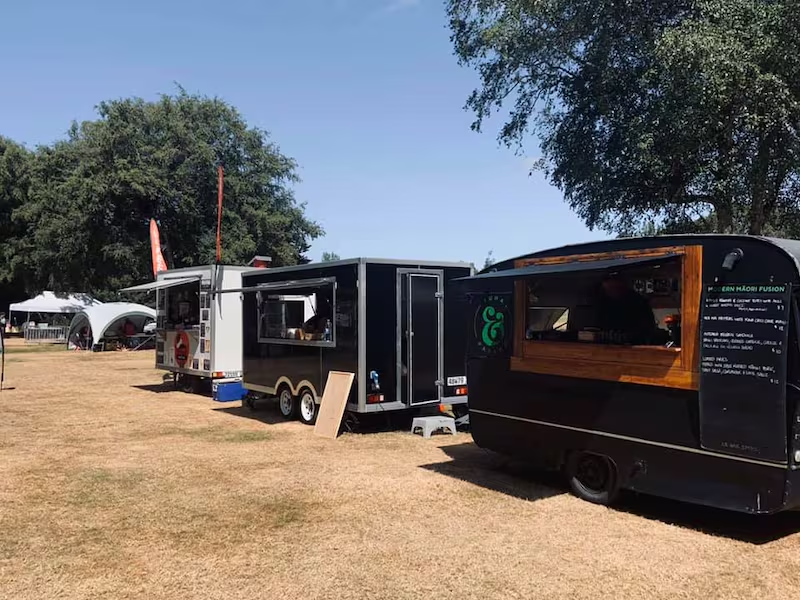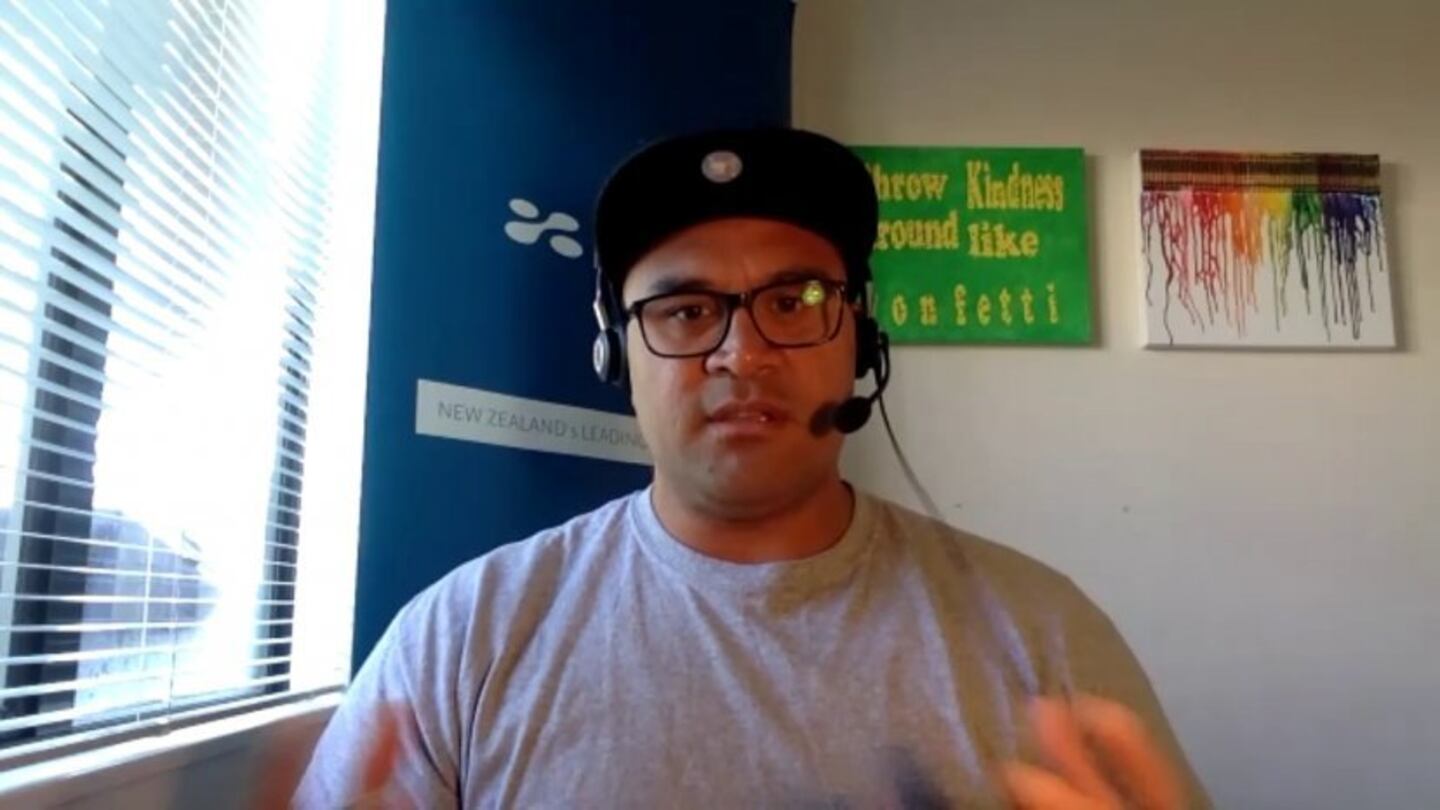John Houma, Zeald business development manager. Photo/File
A whole new world
Award-winning web design firm Zeald is offering 500 e-commerce websites free of charge to help NZ food and beverage businesses with their post-lockdown recovery. The websites are normally valued at $7,000 each.
"We don't believe that it's going to be anytime soon where New Zealand's going to be able to recoup or sort of get back on track," John Houma (Tainui, Te Uri o Hau o Ngāti Whātua) says, who is Zeald's business development manager.
Houma says his company understands how the food and beverage business is faring and recognises that many of these businesses are unable to operate at this time, with government lockdown rules banning pre-cooked food deliveries and requiring strict health conditions for delivery of food that is not pre-cooked.
The aim of the websites is to help businesses with their post-lockdown recovery.
"The thing is consumers are going to be changing the way that they operate with those businesses."
Houma says the challenge is how businesses can provide a contactless service that delivers kai and drink in a safe manner.
"This COVID-19 has now forced end-users, people, to make a change in how they're purchasing and that's what we're enabling."
Businesses using the free websites will still need to provide their own deliveries to the end consumer. However, Houma says Zeald also has extensive criteria to ensure that the websites will not be used to break the law.
Keepin on Truckin
Jarrad McKay (Tainui, Ngāti Kahungunu) operates food truck business ‘Pūhā and Pākehā’. He says a free e-commerce website would help a lot of food and beverage businesses and identifies cost as the main reason businesses do not have this facility.
“The cost is usually what prohibits them. It (a website) boosts your sales because you have another channel to market.”
However, an e-commerce website may not be much use to food truck operators as they make money by selling at public events and catering at private functions.
“Sometimes businesses aren’t set up to do that. Like even Pūhā and Pākehā, we wouldn’t be set up for a delivery model.”
McKay acknowledges his business could adapt and provide deliveries but the difficulty he says lies in whether it is practical to do so.

Pūhā and Pākehā food truck at the Taupō Moana Festival. Source/Pūhā and Pākehā Facebook Page.
COVID-19 strikes again
McKay says Aotearoa's COVID-19 alert plans have forced his clients to cancel their events and he has had to refund their money. Having no events to sell kai at or cater for means Pūhā and Pākehā has an uncertain future.
“We had work booked up till next year. Then just 'boom', it just went overnight.”
He says the wage subsidy scheme may not be the ideal solution for his business, “It’s a 100% reduction."
But all is not lost for McKay as like most food truck operators he has other work. He has picked up mahi with ATEED (Auckland Tourism, Events and Economic Development) and is using his 15 years experience to help develop Māori businesses in the Auckland region.
“Helping Māori businesses that way is my passion.”
No doubt the need for such assistance will increase as COVID-19 continues to impact our economy.



